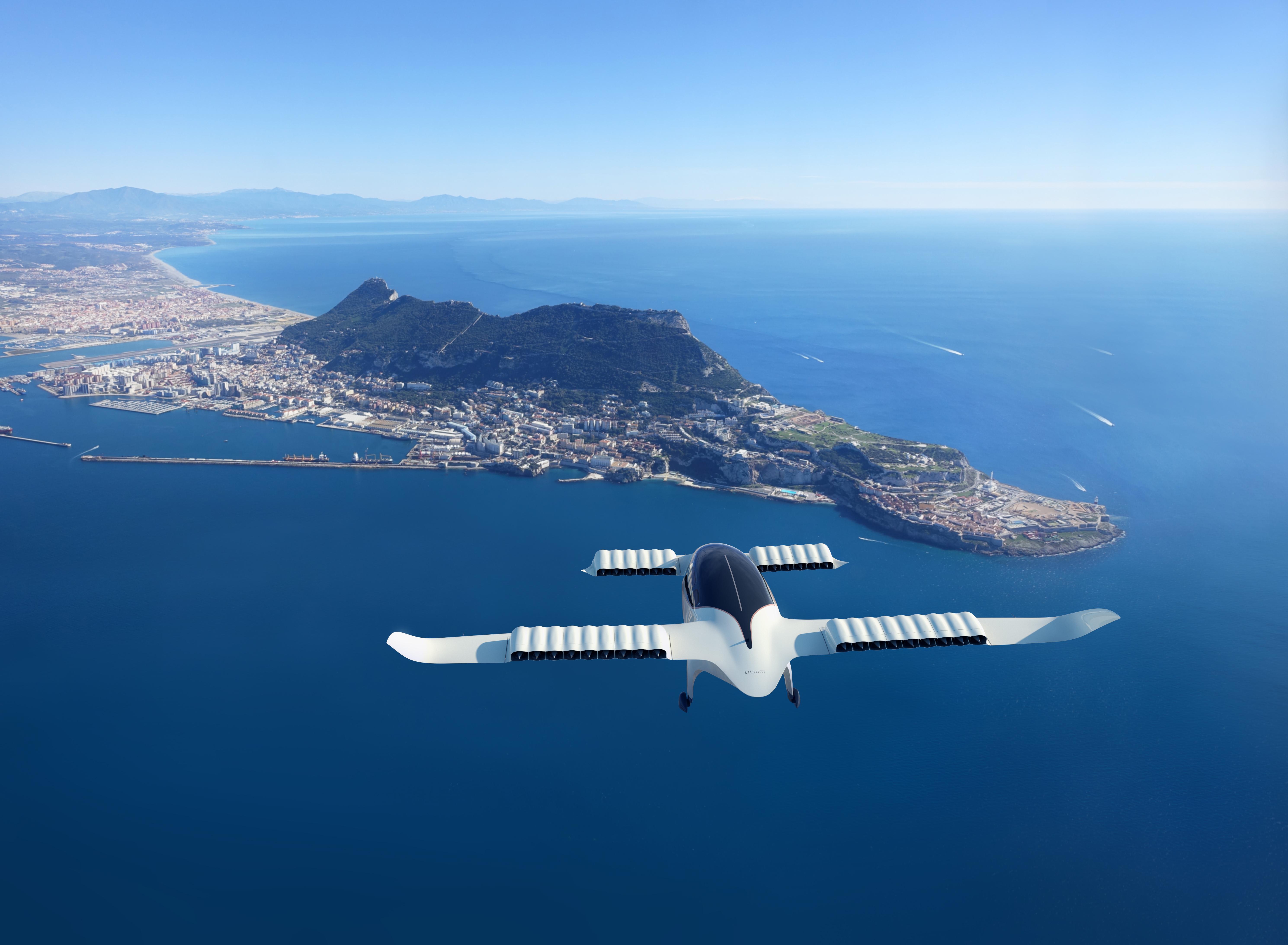
Credit: Lilium
Customer interest in advanced air mobility (AAM) continued to expand at the Farnborough Airshow, both by mission and geography, diversifying the orderbook beyond its early focus on airlines and lessors. German startup Lilium led the charge, signing purchase intents that could see its Lilium Jet...
Subscription Required
This content requires a subscription to one of the Aviation Week Intelligence Network (AWIN) bundles.
Schedule a demo today to find out how you can access this content and similar content related to your area of the global aviation industry.
Already an AWIN subscriber? Login
Did you know? Aviation Week has won top honors multiple times in the Jesse H. Neal National Business Journalism Awards, the business-to-business media equivalent of the Pulitzer Prizes.
